Many businesses in Vietnam are struggling with administrative procedures, from applying for licenses, confirming documents to implementing tax regulations and business registration. This situation not only wastes time and money but also directly affects the production, business and market expansion plans of businesses.
Delayed VAT refunds cause businesses to "block cash flow"
Mr. Do Ha Nam , Vice President of the Vietnam Coffee and Cocoa Association (Vicofa), warned that the slow refund of value added tax since the new VAT Law took effect is causing many businesses to have their capital flow "frozen". Since July 1, no business has received a VAT refund.
“Some units said that the July files were received, but in August, the tax authorities had to temporarily stop processing old files. Many businesses are stuck with hundreds of billions of dong. If this continues, they will not be able to rotate capital for purchasing and exporting,” said Mr. Nam.
According to him, the biggest problem lies in verifying whether the first supplier in the supply chain has paid taxes or not. This technical “bottleneck” causes the entire process to stop even though the business has submitted valid documents.
Mr. Nguyen Hoai Nam, General Secretary of Vasep, also said that seafood businesses have to wait for tax refunds for many months, and even have them rejected for reasons beyond their control. The new regulation requires the seller to “declare and pay taxes” before the buyer can get a refund, leading to many cases where businesses cannot meet the requirements.
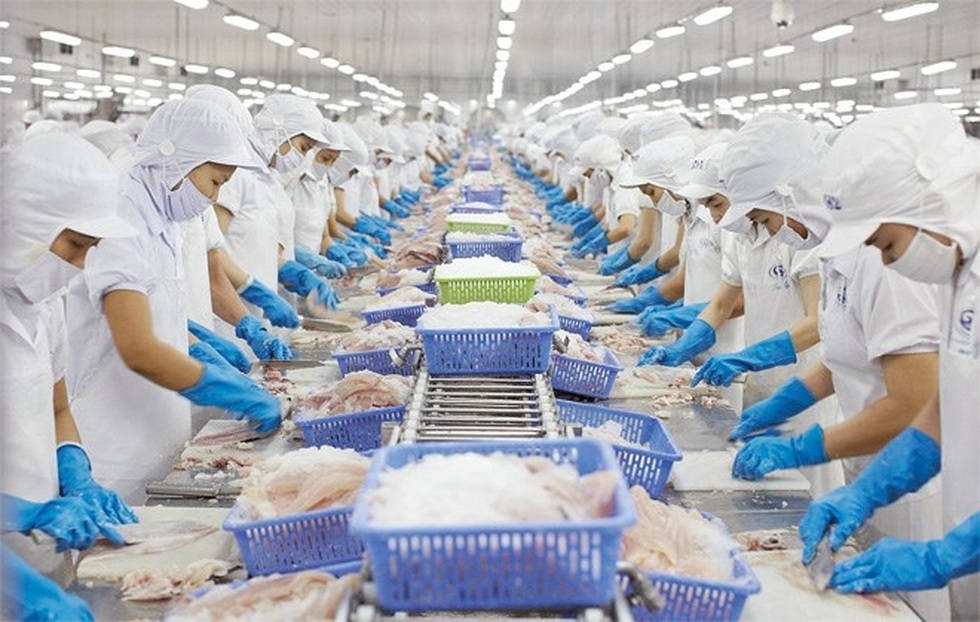
Workers process fish at the factory (Photo: Vasep).
Another problem is that businesses that buy raw materials through warehouses have to pay 5% VAT, but banks do not disburse this tax when lending working capital. This increases production costs and reduces export competitiveness.
Mr. Nguyen Tan Hien, Vice President of the Vietnam Pepper and Spice Association, said that applying a 5% VAT to pepper and many local agricultural products is not appropriate. “There are businesses that have not received a tax refund for a whole year to prepare for new orders,” Mr. Hien said.
Many associations say the concepts of taxable entities in the law are still unclear, making it easy for businesses to make false declarations or not know what tax rate to apply.
Renewable energy is also "stuck" because of procedures
Not only agriculture , the renewable energy sector - especially rooftop solar power - is also facing a series of problems.
Mr. Tran Quoc Tam, Director of LITHACO Energy Company, said that Decree 58 stipulates the "notification" mechanism, but in reality, many places apply it as "permission request".
“Enterprises have to submit documents to many agencies, creating requirements on construction, fire prevention and fighting or environment, even though systems under 100 kWp do not have to carry out these procedures,” he said.
In fact, the Ho Chi Minh City Renewable Energy Association said that so far, almost no customers have been able to sell surplus electricity to the grid according to Decree 58 because of the inconsistent calculation of PVout, Pmax limit and connection process between localities.
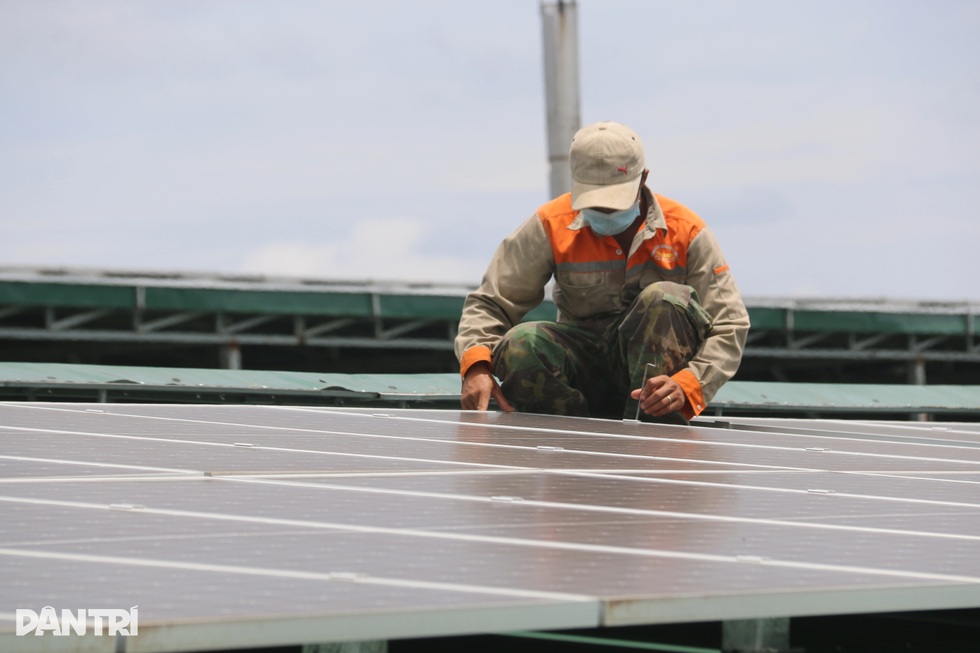
Workers install solar power system in Lam Dong (Photo: Duong Phong).
Mr. Tran Quoc Tam said that the current problems with rooftop solar power are concentrated in three main groups. Firstly, administrative procedures are still complicated and lack consistency between localities. Although systems under 100 kWp are only self-use models, many places still require construction permits, fire prevention and fighting, environmental permits or project acceptance - procedures that are not regulated. This makes it difficult for businesses to predict progress and implementation costs.
Second, the connection process still has no specific instructions. There is no mandatory response time, nor is there a unified technical inspection form. Some power companies still rigidly apply the requirements in Decree 58, such as construction acceptance documents, while households and small businesses are almost unable to meet them.
Third, many new technical regulations such as the calculation of surplus electricity output according to PVout or the Pmax capacity limit are not feasible when applied in practice. PVout cannot be measured by meter and does not reflect the conditions of each roof, while Pmax is not suitable for self-use models or combined with battery storage. Therefore, even though the system is complete, many investors still cannot complete the procedures to sell surplus electricity to the grid.
More drastic reforms are needed.
To solve the problem of capital stagnation, Vicofa leaders emphasized that it is necessary to strongly reform VAT refund procedures by simplifying the process, increasing transparency and minimizing risks for businesses. In particular, it is necessary to adjust regulations on tax refund conditions in the direction of eliminating the requirement that businesses can only receive tax refunds when suppliers have declared and paid taxes.
In addition, Mr. Nam said that it is necessary to clarify the concept of "normal preliminary processing" to avoid the inappropriate 5% VAT tax on unprocessed products such as green coffee beans.
"Collecting taxes and then making refunds will create a lot of tax agency staff to serve the tax refund. At the same time, it will also create many tax refund procedure costs for businesses due to the long and complicated time and procedures for tax refunds," Mr. Nam added.
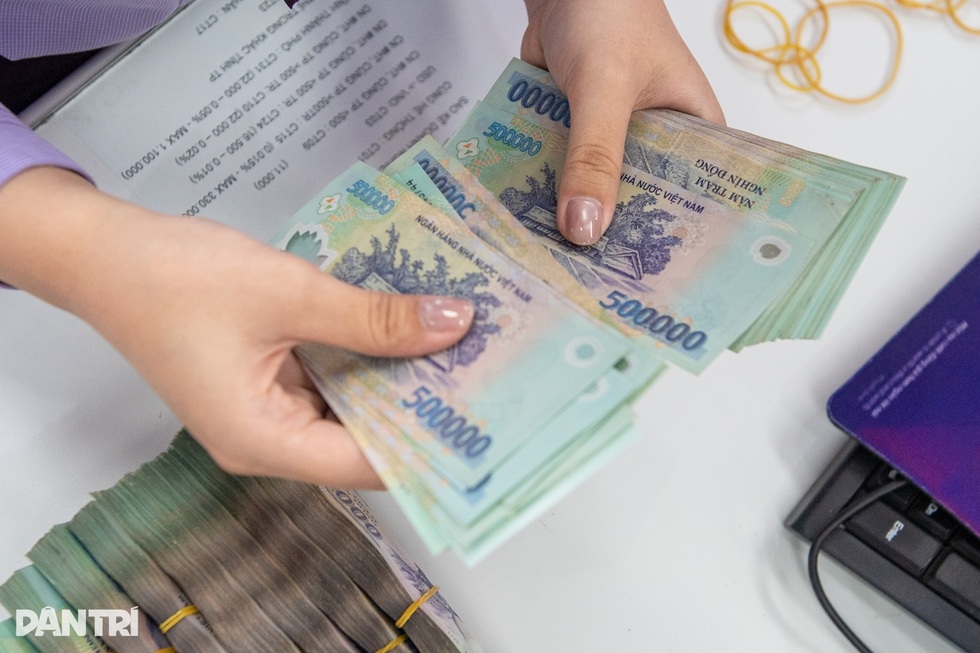
An employee checks a money transaction at a bank branch (Photo: Thanh Dong).
According to him, green coffee beans should be included in the group of goods not subject to VAT, not having to declare or pay tax at all stages of trade, to avoid fraud, ensure fairness for businesses and promote exports, contributing to the Government's growth target.
Mr. Dau Anh Tuan, Deputy Secretary General and Head of the Legal Department of the Vietnam Federation of Commerce and Industry (VCCI), emphasized that the new VAT policy is expected to bring positive reforms, but if the problems are not given specific instructions soon, they will become a major barrier for businesses.
"The difficulties that businesses reflect are not only technical and legal issues but also directly related to cash flow, competitiveness and sustainable development of Vietnam's agricultural sector," Mr. Tuan emphasized.
In the renewable energy sector, according to businesses, the biggest obstacles for rooftop solar power today lie in administrative procedures. Therefore, to remove barriers and create a transparent and unified environment, it is only necessary to focus on four core adjustments, which can be implemented immediately.
First of all, it is necessary to restore the spirit of "notification - post-inspection" for power systems under 100kWp. Procedures must be simplified, that is, only submitting a minimum set of documents at one point; no additional requirements on construction, fire prevention or environment arise. When the process is clear and consistent, businesses will avoid the situation of "each locality doing it differently".
"In addition, many technical regulations such as the calculation of surplus electricity output according to PVout or the Pmax capacity limit are prolonging the process of document appraisal and connection approval. Replacing it with a direct metering mechanism using a two-way meter will help the process of checking and confirming documents to be more transparent and easier to implement, significantly reducing the time for processing procedures," said Mr. Tam.
In addition, this person believes that the current mechanism for purchasing excess electricity ranging from 20-50% requires many appraisal steps, making the procedure lengthy and easily causing problems between businesses and local electricity authorities. Switching to flexible electricity prices based on time (TOU) will reduce the review and approval process, limit disputes and help localities apply uniformly.
"With the system rental model (0 VND investment), people and businesses no longer have to handle all investment and connection documents themselves. Professional units will do the whole package, thereby reducing risks, reducing paperwork and limiting the situation where each place has different requirements," Mr. Tam proposed.
Source: https://dantri.com.vn/kinh-doanh/doanh-nghiep-kho-vi-thu-tuc-chong-cheo-tac-von-do-cham-hoan-thue-20251116164554763.htm










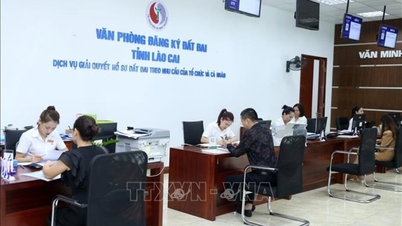

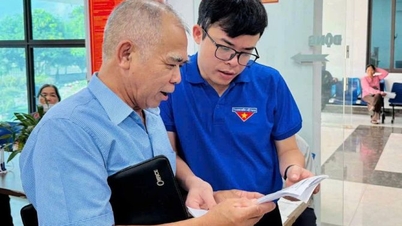

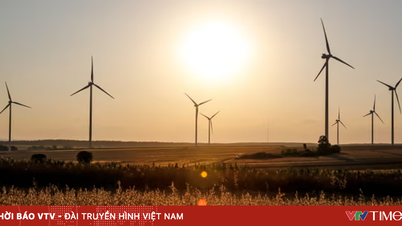


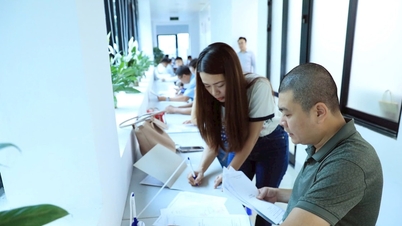


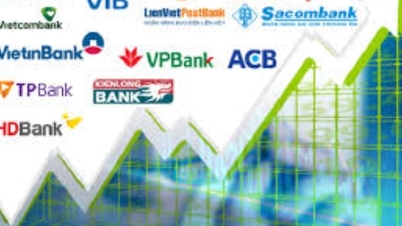

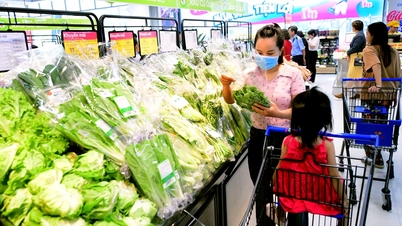


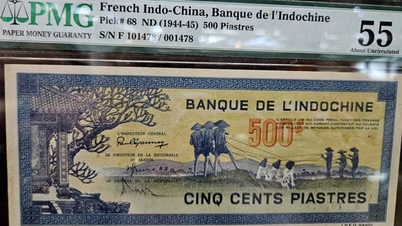

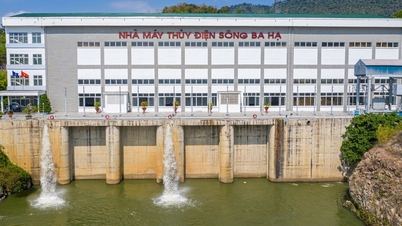




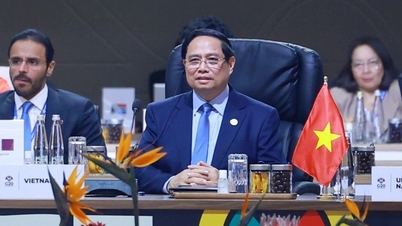


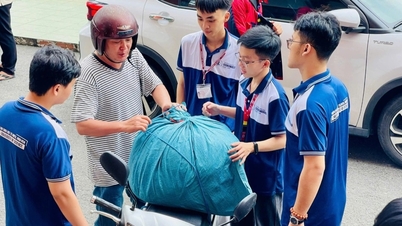





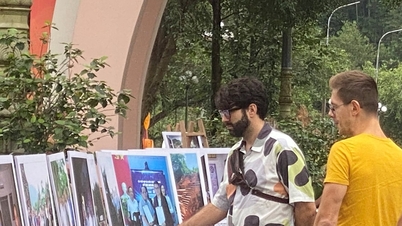



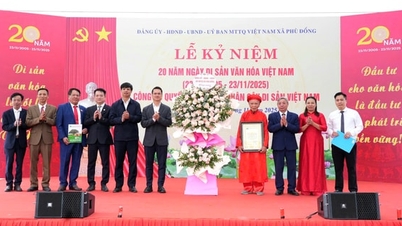




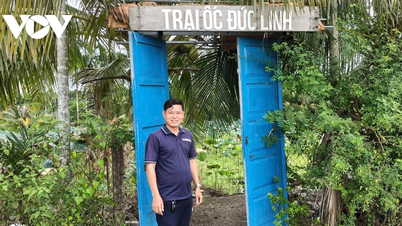

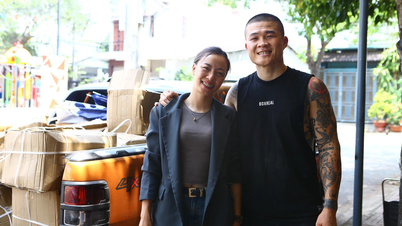























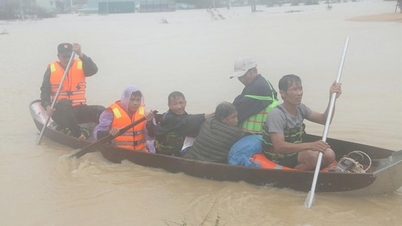

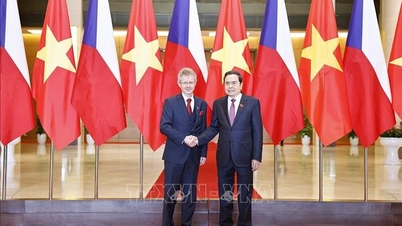

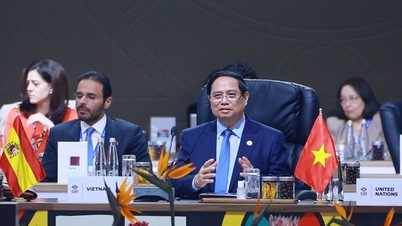

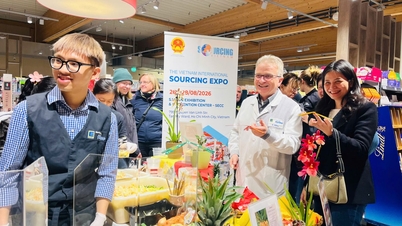



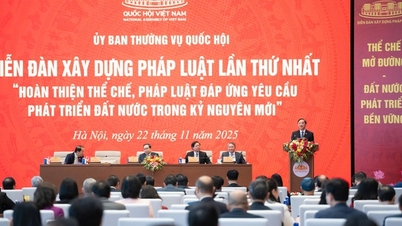

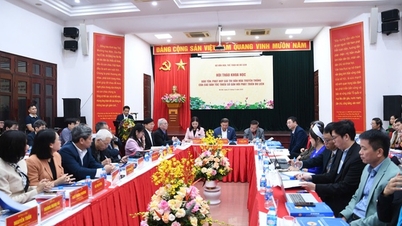







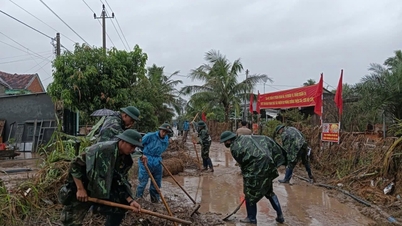
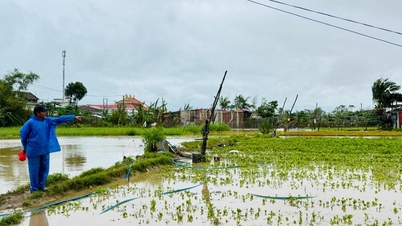














Comment (0)